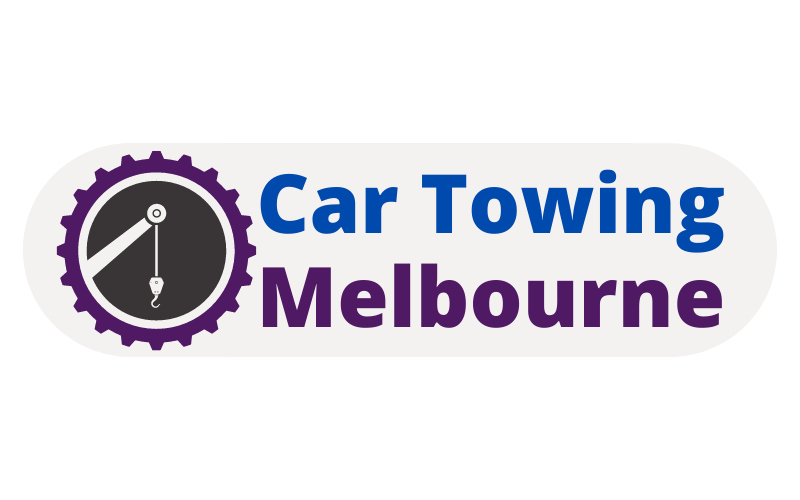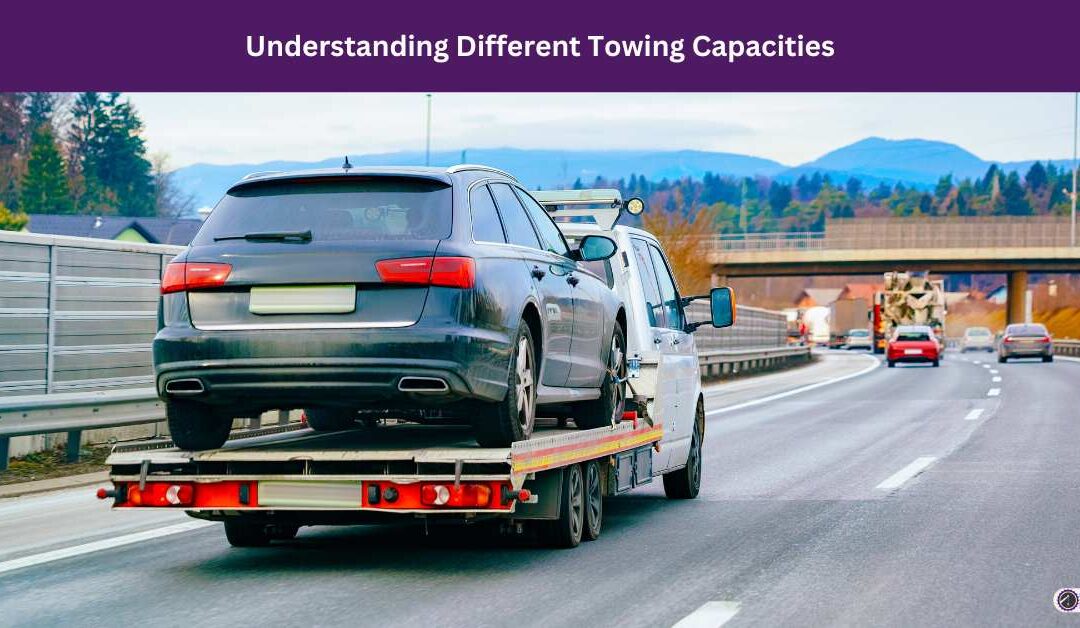Towing capacity refers to the maximum weight a vehicle can safely tow without damaging its engine, transmission, suspension, or other components. It’s essential to understand towing capacity, especially for those who haul trailers, boats, or heavy loads, as exceeding a vehicle’s capacity can compromise safety and lead to costly repairs. Here’s a guide to understanding different towing capacities and how they affect towing needs.
1. Gross Vehicle Weight Rating (GVWR)
GVWR is the total maximum weight a vehicle can handle, including the weight of the vehicle itself, passengers, cargo, and tongue weight (the downward force exerted by the trailer hitch). Exceeding the GVWR can stress the vehicle’s frame, suspension, and braking system, potentially leading to safety hazards. Always check your vehicle’s GVWR in the owner’s manual or on the door label to ensure you don’t exceed it.
2. Gross Trailer Weight (GTW)
GTW refers to the total weight of the trailer, including any cargo it’s carrying. Before towing, you should know your trailer’s GTW and ensure it doesn’t exceed your vehicle’s towing capacity. The GTW can vary based on what’s loaded into the trailer, so always measure it when the trailer is fully loaded.
3. Tongue Weight
Tongue weight is the amount of force exerted by the trailer on the towing vehicle’s hitch. This weight is important for maintaining stability while towing. If the tongue weight is too low, the trailer may sway; if it’s too high, it can affect steering and braking. The ideal tongue weight is typically 10-15% of the trailer’s total weight, but it can vary based on the vehicle and trailer specifications.
4. Gross Combined Weight Rating (GCWR)
GCWR is the maximum allowable weight of the vehicle and trailer combined, including cargo and passengers. Exceeding the GCWR can strain the engine and transmission, making it challenging for the vehicle to accelerate, climb hills, or brake effectively. It’s crucial to ensure the combined weight stays within this rating for safe towing.
5. Different Towing Capacities by Vehicle Type
Vehicles vary widely in towing capacity, which can impact your towing options. Here’s a breakdown of typical towing capacities by vehicle type:
- Compact Cars and Sedans: Generally, compact cars and sedans have minimal towing capacity, typically around 1,000-1,500 pounds. These vehicles are best suited for small trailers or lightweight items, such as a small utility trailer for bikes or gardening tools.
- SUVs: SUVs have moderate towing capacities, often ranging from 3,500 pounds for smaller models to over 8,000 pounds for larger, truck-based SUVs. SUVs are ideal for towing small to medium trailers, boats, or lightweight campers.
- Pickup Trucks: Pickup trucks are known for their high towing capacities, especially heavy-duty models. Light-duty trucks can tow between 7,500 and 12,000 pounds, while heavy-duty trucks can exceed 30,000 pounds. They are suitable for towing large trailers, RVs, boats, or construction equipment.
- Vans: Minivans and cargo vans typically offer towing capacities between 3,500 and 6,000 pounds, which can be enough for lightweight trailers, small boats, or utility trailers. Larger commercial vans may offer higher towing capacities, making them suitable for towing heavier loads.
6. Factors That Affect Towing Capacity
Several factors influence a vehicle’s towing capacity, and understanding these can help you make better towing decisions:
- Engine Size and Power: Vehicles with larger, more powerful engines generally have higher towing capacities. Diesel engines, in particular, are known for high torque, making them more capable of handling heavy loads.
- Transmission Type: Automatic transmissions are often more efficient for towing, as they can better handle shifting under load. Some vehicles are equipped with specific “tow/haul” modes to optimize gear shifts and prevent overheating.
- Frame and Suspension: Vehicles built with reinforced frames and heavy-duty suspensions can handle greater towing capacities. Many trucks and SUVs are designed with towing in mind, with sturdier frames to support heavier loads.
- Braking System: Adequate braking power is essential for safe towing. Vehicles with integrated braking systems or brake controllers can handle larger trailers with their own brakes, which improves overall control and stopping power.
7. Using a Weight Distribution Hitch
A weight distribution hitch is a valuable tool for those towing heavier loads, especially with vehicles that have moderate towing capacities. This hitch system distributes the trailer’s weight more evenly across the vehicle and trailer axles, reducing strain on the rear axle and improving stability and handling.
8. The Importance of Staying Within Towing Limits
Exceeding a vehicle’s towing capacity can have serious consequences, such as:
- Damage to the Vehicle: Overloading a vehicle can lead to excessive wear on the engine, transmission, brakes, and suspension, often resulting in costly repairs.
- Safety Risks: Towing a load beyond your vehicle’s capacity makes it harder to accelerate, steer, and brake, increasing the likelihood of accidents.
- Legal Consequences: In many regions, towing beyond a vehicle’s rated capacity is illegal and can result in fines or penalties, especially in commercial towing situations.
9. Understanding Towing Terms and Labels
To ensure you’re towing safely and within capacity, familiarize yourself with the terms and labels related to towing, which can often be found in your vehicle’s manual or on stickers placed by the manufacturer. Key labels include:
- Vehicle Capacity Labels: Often found on the driver’s side door, these labels provide the GVWR, GCWR, and other towing-related specifications.
- Trailer Labels: Most trailers come with a label indicating the maximum load capacity and recommended tongue weight.
10. Checking Manufacturer Recommendations
Each vehicle’s towing capacity is unique and carefully calculated by the manufacturer based on the vehicle’s design, engine, and other specifications. Check your owner’s manual or consult the manufacturer’s website for specific recommendations on towing capacity and any special considerations or towing equipment required.
Final Thoughts
Understanding towing capacities is essential for safe and efficient towing, whether you’re hauling a small trailer or a heavy-duty load. Staying within your vehicle’s towing limits protects your vehicle from damage, keeps you compliant with legal regulations, and ensures the safety of everyone on the road.
Now Car Towing Melbourne is available in Cranbourne Victoria 3977, Australia.
Car Towing Melbourne
(03) 7037 7625

